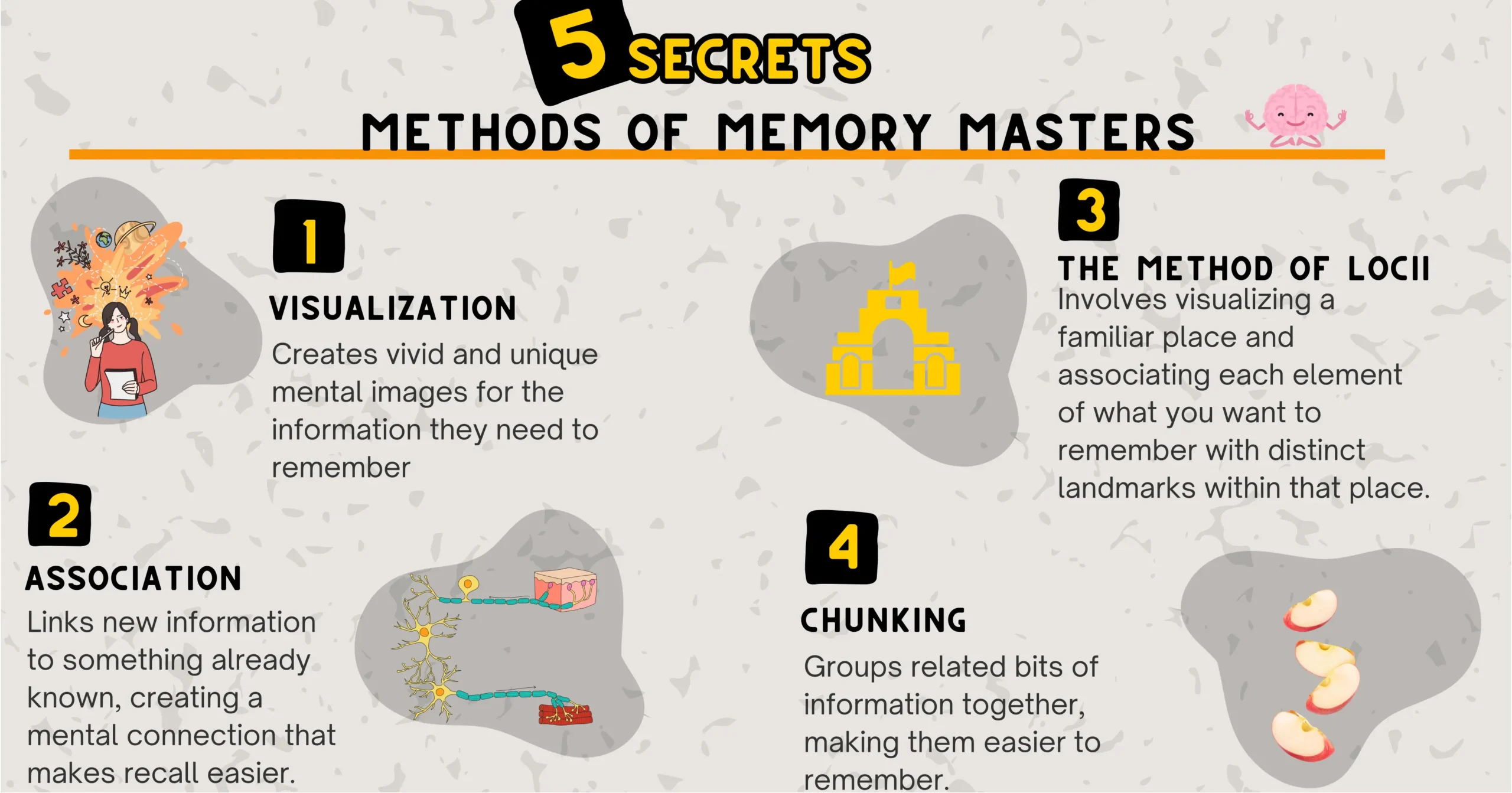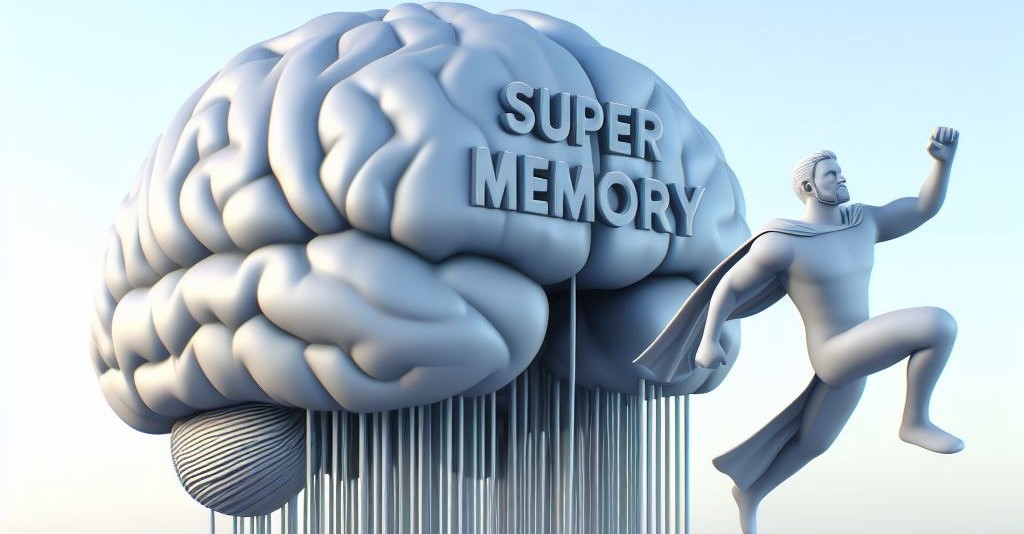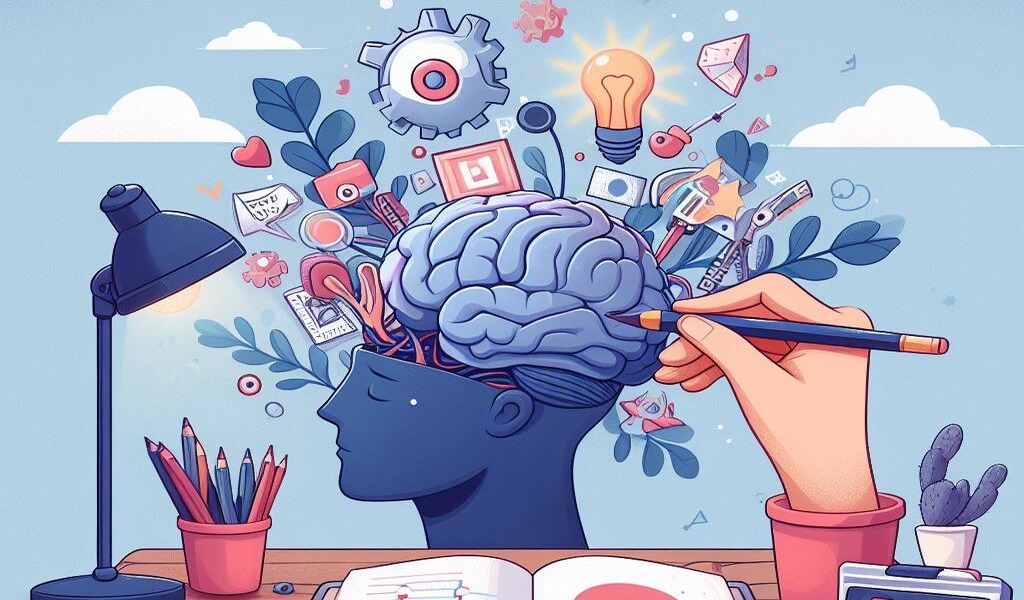Ever wondered how memory champions do it? How do they memorize decks of cards in minutes or recall hundreds of random words with pinpoint accuracy? It’s not magic; it’s mastery. This article dives into the world of memory champions like Alex Mullen, exploring the techniques, habits, and mindsets that make them extraordinary. Whether you’re looking to improve your memory for studies, work, or just for fun, there’s a wealth of knowledge to be discovered from these cognitive athletes.
Who Are Memory Champions?
Imagine being able to memorize the order of a shuffled deck of cards in under a minute. Sounds impossible, right? Not for Alex Mullen, the three-time World Memory Champion. Memory champions are individuals who compete in memory sports, and they’re not geniuses or born with photographic memories. They’re regular people who’ve mastered specific techniques to enhance their cognitive capabilities.
Memory champions possess an extraordinary skill that seems almost superhuman at first glance. However, the secret behind their remarkable ability lies in mastering techniques that are accessible to anyone willing to learn. For instance, champion Alex Mullen can memorize a deck of 52 cards in just 16.96 seconds, a feat that hinges not on innate talent but on the strategic use of the Method of Loci, visualization, and chunking
The Science Behind Exceptional Memory
Memory isn’t just about retention; it’s about the ability to encode, store, and retrieve information efficiently. Neuroplasticity plays a huge role here, allowing our brains to form new connections with practice. Studies show that engaging in memory training can significantly improve cognitive functions, making the brain more agile and improving memory across the board.

Training Techniques of Memory Champions
- Visualization and Association
Alex Mullen, for instance, uses vivid imagery and associations to remember numbers. He might visualize his friend riding a giant bicycle (which represents the number 52) crashing into a pool of Jell-O (representing the number 17) to remember a sequence of numbers.
- The Method of Loci
Also known as the memory palace technique, this ancient method involves associating information with specific locations in a familiar place. For example, to memorize a shopping list, you might imagine placing each item in different rooms of your house and then “walking” through it in your mind to recall each item.
- Chunking and Structuring Information
Breaking down information into smaller, manageable chunks is another effective strategy. For instance, rather than trying to remember a long string of digits, break them down into groups of three or four. This technique is something memory champions do instinctively.
Daily Habits of Memory Champions
Beyond specific techniques, lifestyle plays a crucial role in memory enhancement. Regular mental and physical exercise, a healthy diet rich in omega-3 fatty acids, and adequate sleep are all crucial. Memory champions like Nelson Dellis, emphasize the importance of these habits in their training routines.
The Role of Mindset in Memory Enhancement
Believing you can improve is half the battle. A growth mindset, coupled with practices like meditation and mindfulness, can significantly impact your memory training success. Champions like Mullen often discuss the importance of staying positive and focused during their training.
How to Start Your Journey to Becoming a Memory Champion
- Setting Realistic Goals: Start small and gradually increase the difficulty of your memory tasks.
- Training Resources and Tools: Explore books like “Moonwalking with Einstein” by Joshua Foer or use apps like Anki to practice spaced repetition.
- Community and Support: Join forums or groups like the Art of Memory Forum to connect with others on the same journey.
Good News !
The secrets of memory champions are not as secretive as you might think. With the right techniques, habits, and mindset, anyone can improve their memory. It’s about consistent practice, a willingness to learn, practise for hours daily and the determination to push your cognitive boundaries. So, why not start today?






2 responses
Really a very good web. Which is very useful for increasing brain capacity.❤️❤️👌
Thank you Shanu,we will keep updating you with more amazing stuff.